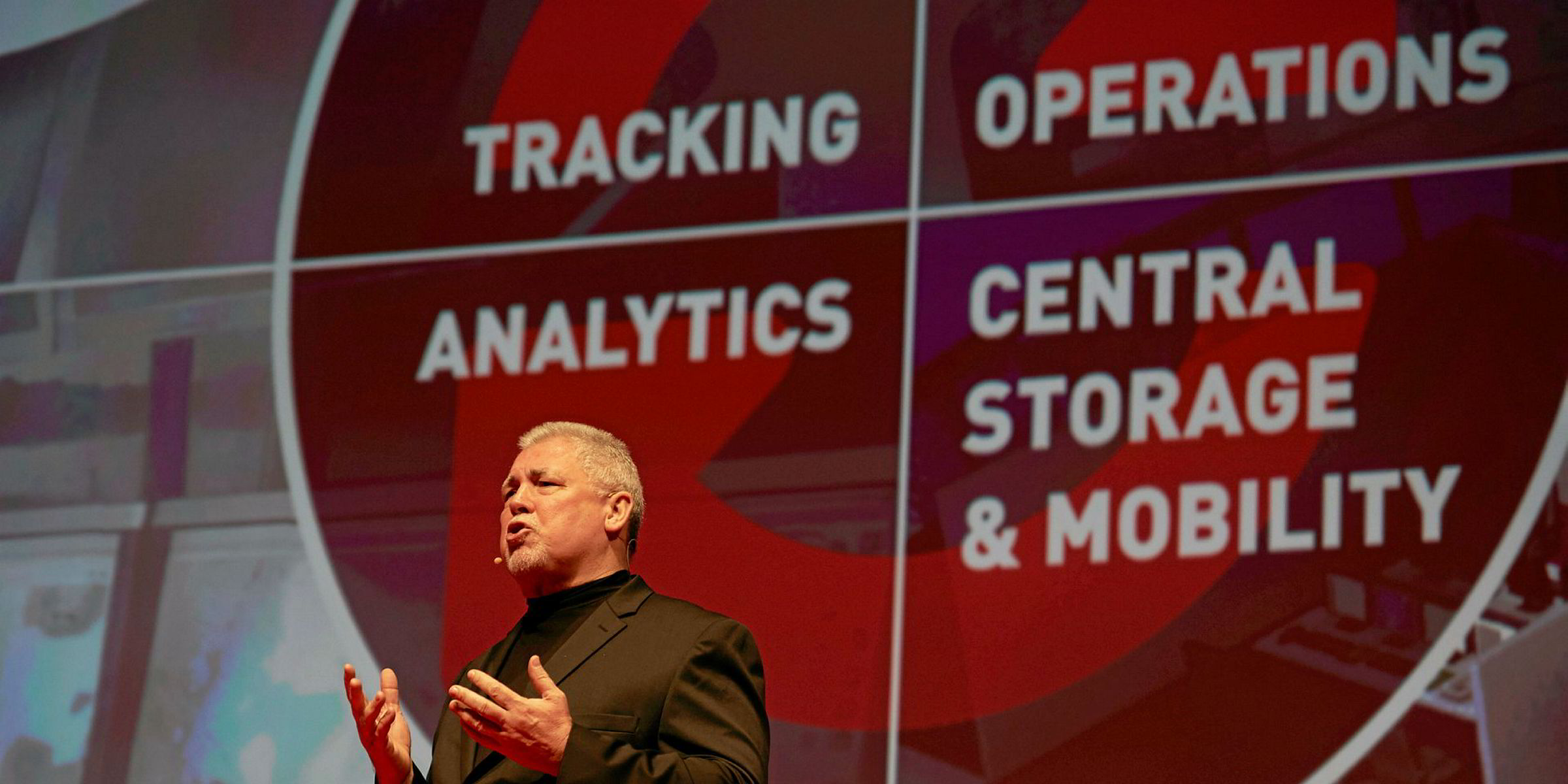Maritime systems supplier Transas has introduced a first package of electronic navigation systems using artificial intelligence to improve on human operations.
The A-Suite of applications employs machine learning techniques to de-risk vessel operation on the bridge, fleet operation centres and in VTS centres.
Algorithms detect anomalies in the behaviour of the human operator across the operational chain and aim to raise the alarm before a course of action become irreversible, the company says.
Three core modules are available: Advanced Intelligent Manoeuvring (AIM), Advanced Intelligent Diagnostics (AID), and Advanced Intelligent Routing (AIR) with services becoming fully operational over the coming months.
AIM is a track prediction system and anti-collision support tool designed to improve situational awareness while AID is primarily intended to detect anomalies and provide decision support in real-time or post-voyage analysis. AIR is a platform for voyage planning.
The applications are built on Transas’ THESIS system, a cloud-based platform for managing vessel operations. They are compliant with SOLAS, ISM, and STCW requirements.
Transas chief executive Frank Coles said: “A-Suite pulls together a wider selection of data from a broader range of input sources. Combined with machine learning techniques, this results in a deeper level of insight and guidance that is more reflective of a vessel’s actual situation.”




